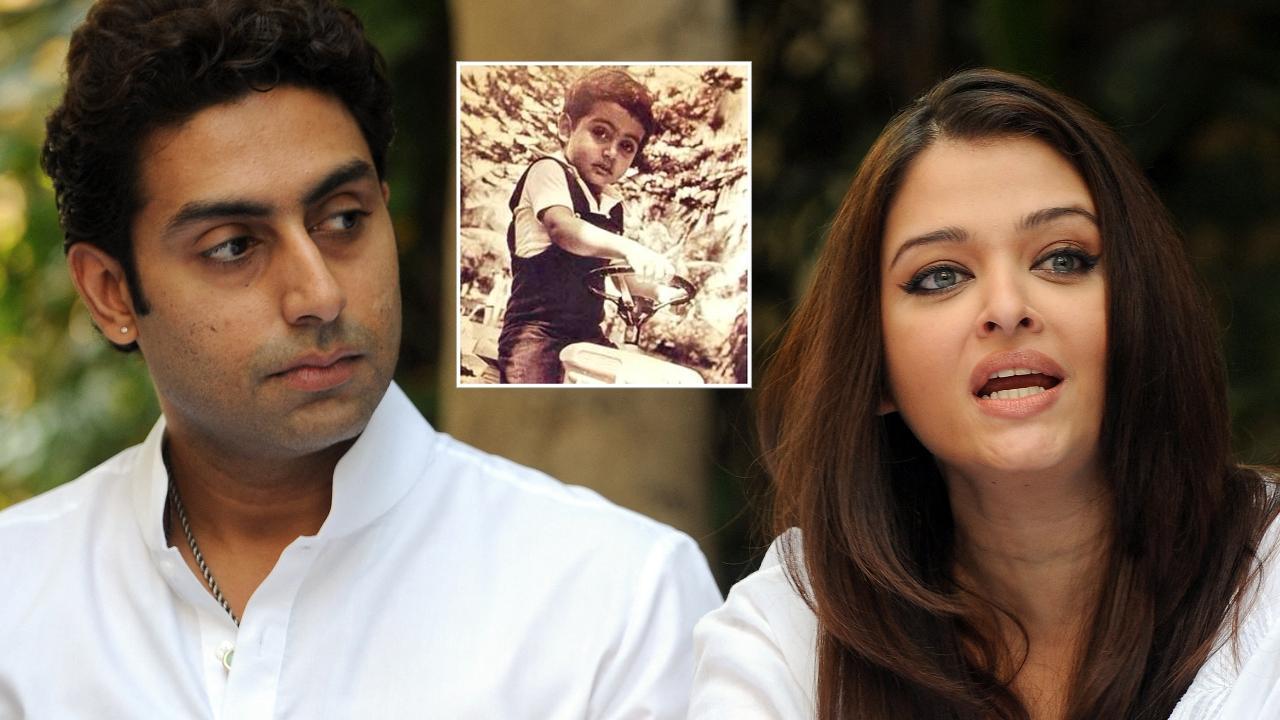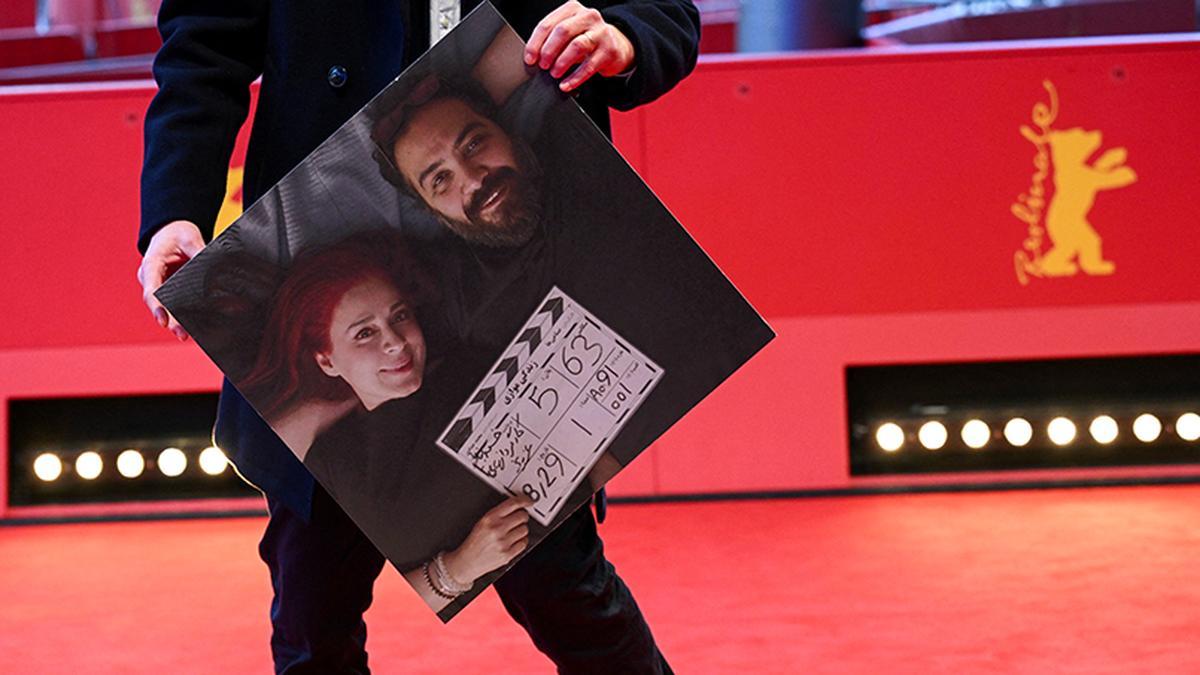
In a developing and highly-charged case that has captured widespread public attention, the Delhi High Court is set to hear the plea of Bibhav Kumar, a close aide of Chief Minister Arvind Kejriwal, challenging his arrest related to the alleged assault of Aam Aadmi Party (AAP) Rajya Sabha MP Swati Maliwal. The plea, urgently mentioned and scheduled for hearing today before a bench comprising Acting Chief Justice Manmohan and Justice Manmeet PS Arora, aims to address several contentious issues surrounding Kumar’s detainment.
Bibhav Kumar, who is represented by advocate Rajat Bhardwaj, has approached the court for relief on multiple grounds. In his petition, Kumar asserts that his arrest was carried out in violation of Section 41A of the Code of Criminal Procedure, which mandates a notice be served before arrest in certain non-cognizable offenses. Kumar also seeks to have his detention declared illegal, and faults the police for what he describes as their failure to adhere to legal protocols. Alongside questioning the legality of his arrest, Kumar is seeking compensation for the “illegal” detainment and is calling for disciplinary action against the police officers involved in his case.
The incident that sowed the seeds of this controversy began on May 13 when Swati Maliwal accused Kumar of assaulting her at the Chief Minister’s official residence. As per her allegations, the incident crossed the boundaries of personal conflict into criminal behavior. Following these accusations, the police acted swiftly, arresting Kumar on May 18. He was subsequently placed in police custody for five days. According to the records, on May 16, an FIR was lodged against Kumar under several sections of the Indian Penal Code, including charges of criminal intimidation, assault or use of criminal force against a woman with the intent to disrobe, and attempted culpable homicide.
On the legal front, Kumar’s battle encountered a setback earlier the previous week when his anticipatory bail plea was declared moot by a magisterial court on grounds of him already being arrested. Further complicating the situation for Kumar was the decision by a sessions court, which on Monday dismissed his bail request. The court’s rationale was based on its observation that Swati Maliwal’s allegations appeared genuine and not motivated by mala fide intentions.
Adding another layer of legal intricacy, following his five-day police custody, Kumar was transitioned into four-day judicial custody last Friday.
. This sequence of events has intensified the legal scrutiny and compounded the seriousness of the allegations against Kumar.
In his petition to the Delhi High Court, Kumar has articulated a multi-faceted demand: the nullification of his arrest, compensation for the wrongful confinement, and initiation of departmental action against the officers who effectuated his arrest. This plea has prompted widespread speculation and debate, with varying opinions emerging based on the gravity of the charges and the legal intricacies involved.
The legal team representing Bibhav Kumar has also argued that his arrest was in clear breach of procedural mandates. Advocate Rajat Bhardwaj emphasized that any failure to comply with due processes, such as those detailed in Section 41A of the Code of Criminal Procedure, fundamentally undermines the legality of the arrest. Bhardwaj maintained that Kumar, given his position and track record, posed no flight risk and should not have been subjected to such stringent measures without thorough procedural compliance.
The backdrop to these events lies within the political sphere of Delhi, where Arvind Kejriwal’s administration has been a focal point of both support and contention. The unfolding case against one of his close aides has, therefore, taken on a political dimension, capturing widespread media attention and public interest.
For Swati Maliwal, a Rajya Sabha MP and a prominent figure in the AAP party, the allegations mark a serious claim against a prominent associate within the same political ecosystem. This has inevitably lent weight to her accusations, sparking debates across political and social circles.
As the Delhi High Court prepares to deliberate on Kumar’s plea, the outcome will be closely watched by many, both within the judiciary and the public at large. The ruling holds significant implications not only for Kumar’s personal liberty but also for procedural adherence in future legal and arrest mandates. The high court’s decision could set a precedent in cases involving similar allegations and procedural challenges, possibly influencing how such legal matters are handled in the future.
Meanwhile, the high-stakes legal drama is set to continue unfolding, with the high court’s deliberations playing a critical role in determining the next steps in this complex case. An air of anticipation surrounds the courtroom as all await the judicial pronouncement that will shape the course of this controversy.










